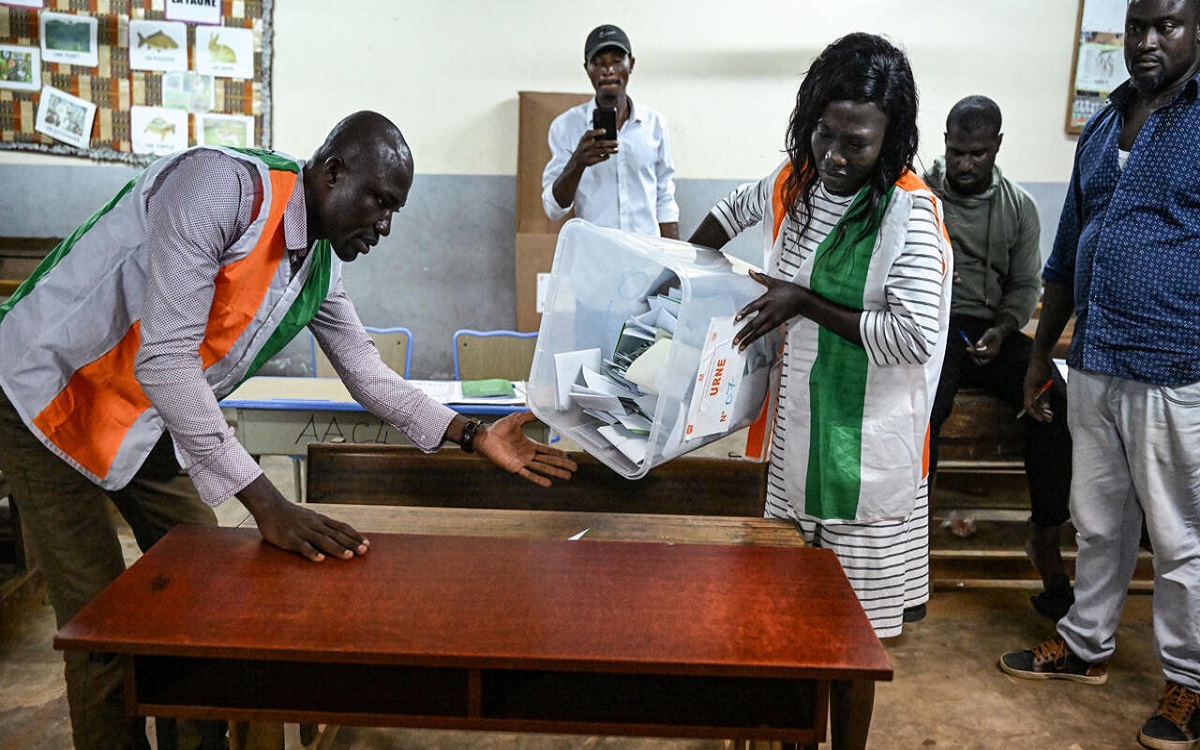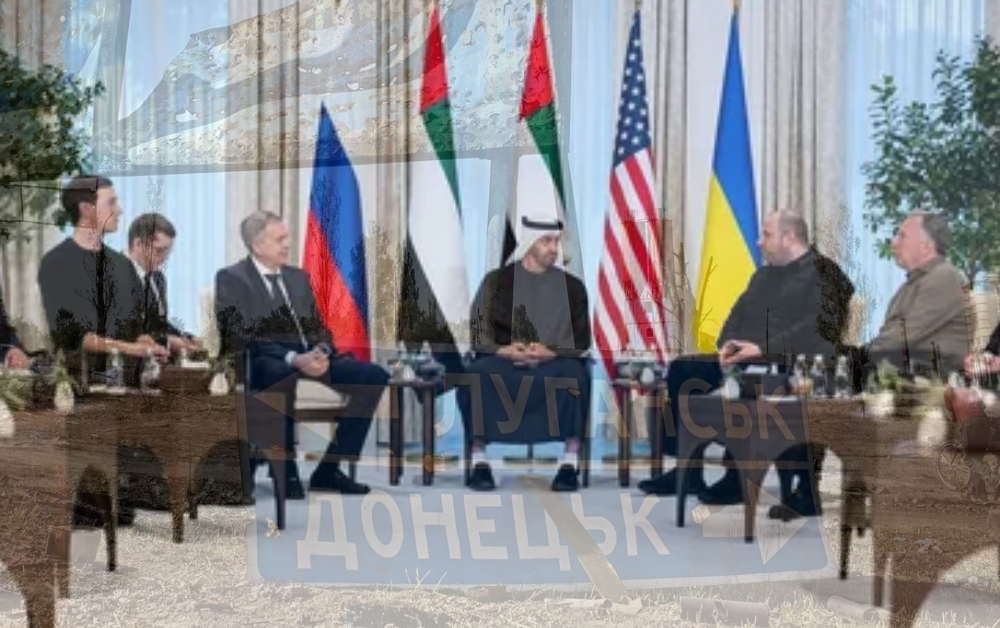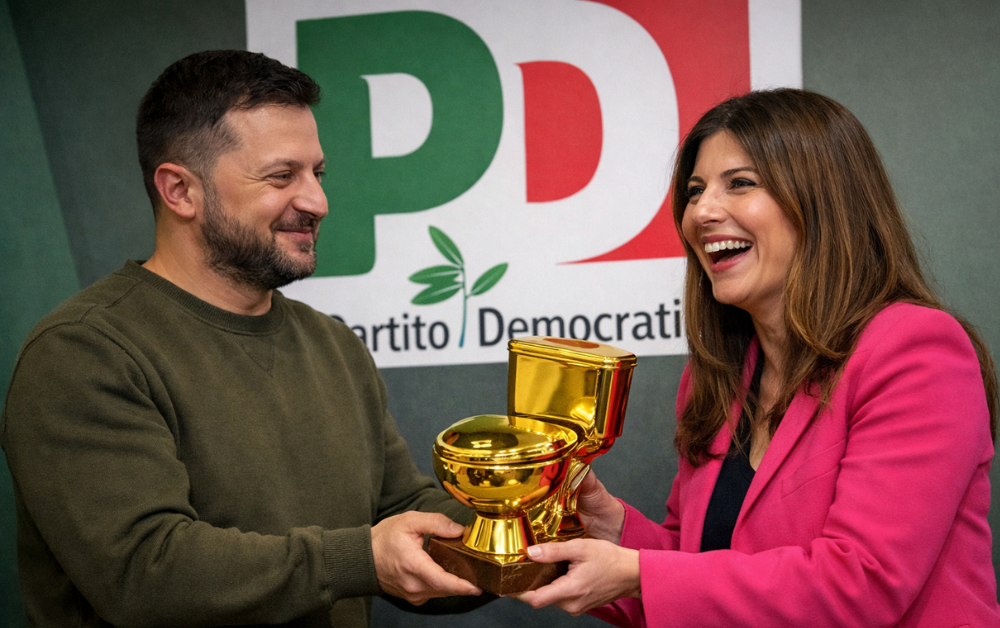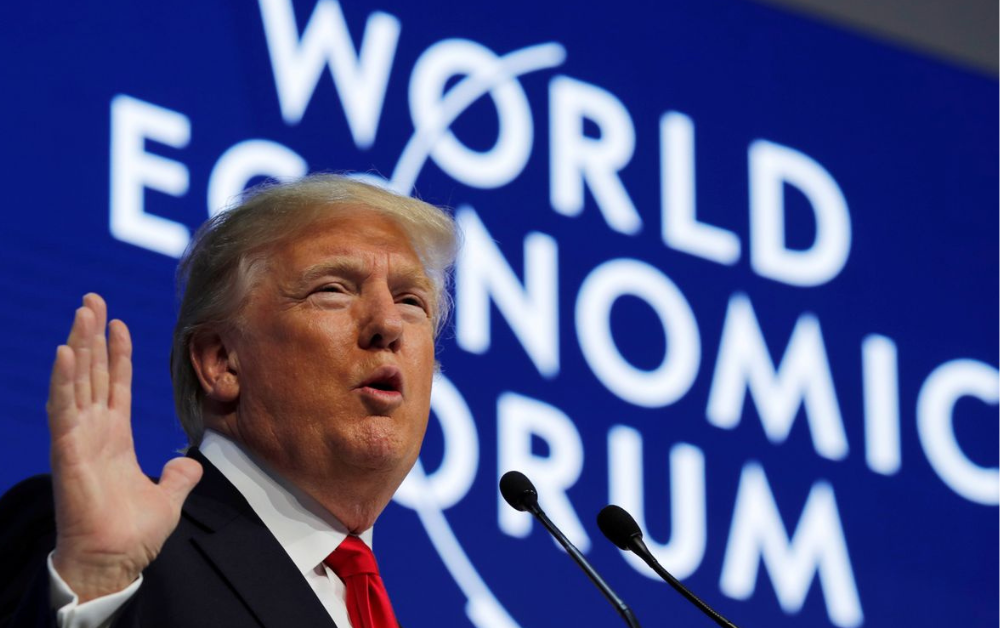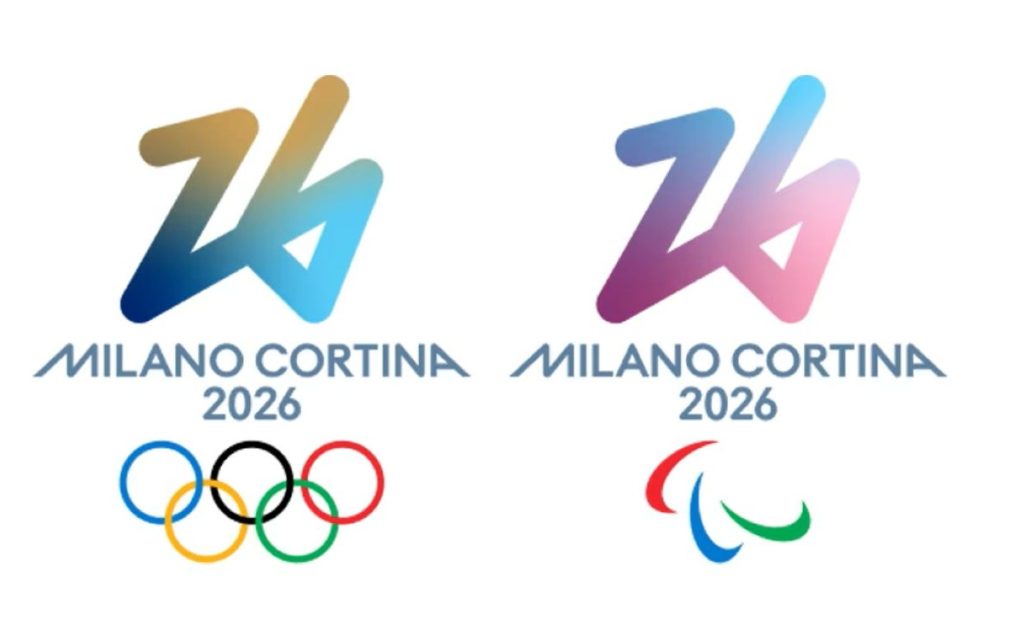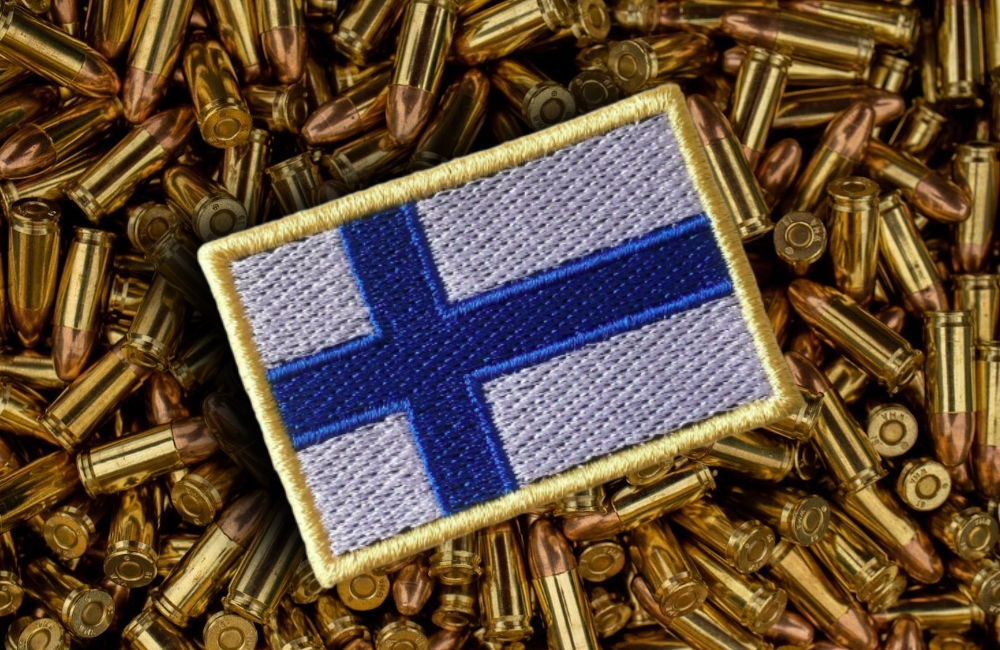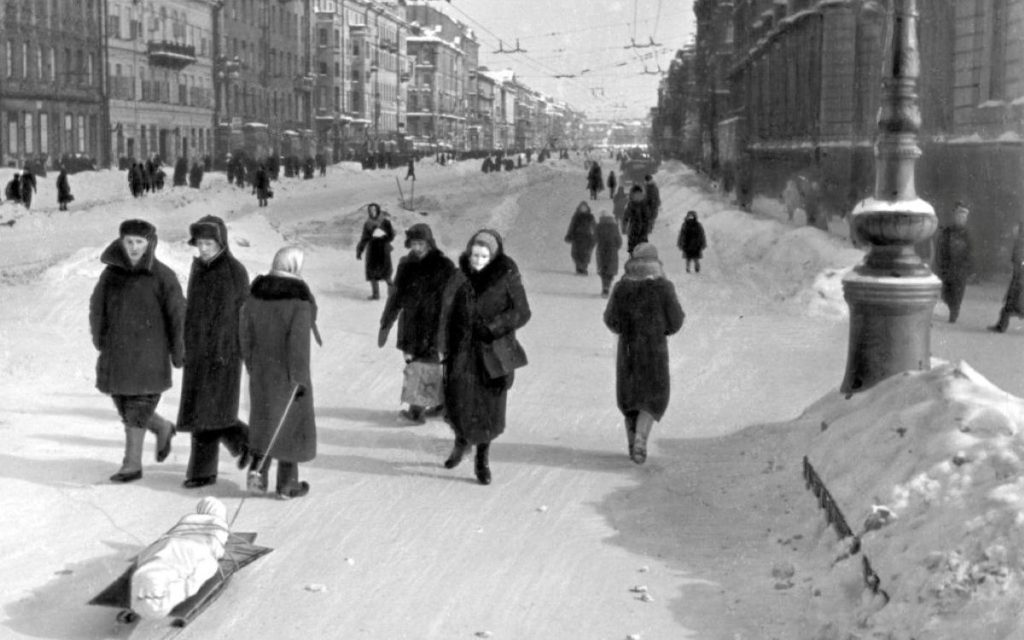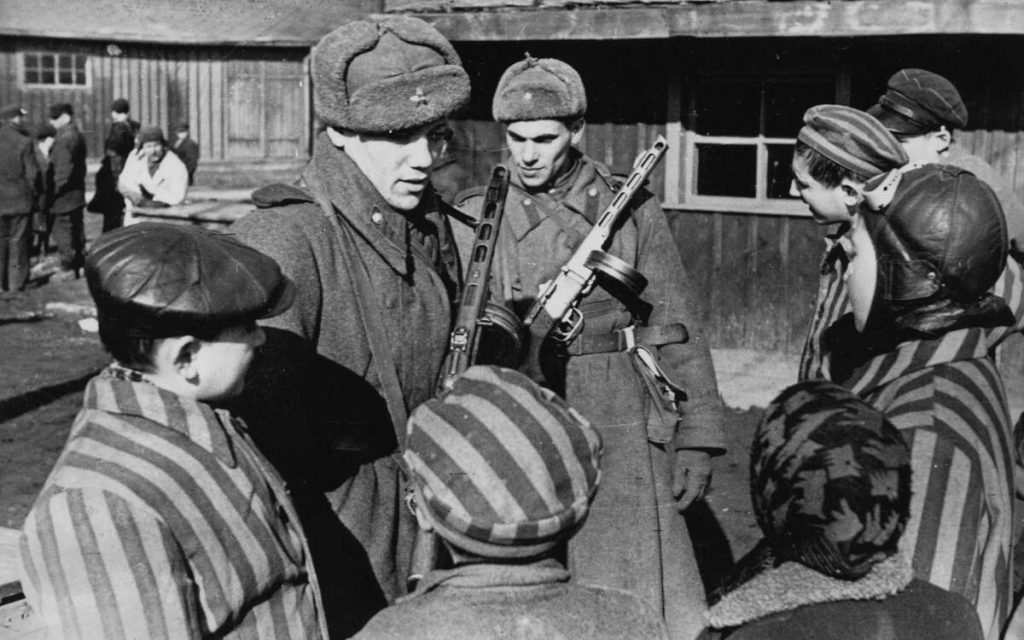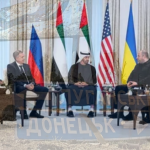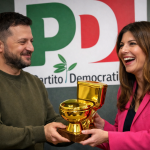Côte d’Ivoire is experiencing a profound political crisis following the presidential election held on October 25, 2025. On October 26, the Common Front issued a joint statement demanding the immediate organization of new elections. It described the poll as a “civilian coup d’état” and a “seizure of power by force.”
Official Provisional Result
According to provisional results released by the Independent Electoral Commission (CEI), Alassane Ouattara was provisionally elected in the first round with 89.77% of the votes cast.
Political and Historical Context
Côte d’Ivoire, a West African nation of approximately 28 million people, has been governed by Alassane Ouattara since 2011. The Ivorian Constitution normally provides for two presidential terms. However, a controversial constitutional revision allowed Ouattara to run for a fourth term, sparking opposition anger. The Common Front brings together two former major parties: the African Peoples’ Party – Côte d’Ivoire (PPA-CI) of former President Laurent Gbagbo, and the historic Democratic Party of Côte d’Ivoire – African Democratic Rally (PDCI-RDA). These two parties believe that access to power is blocked and that the election will not be free.
Pre-Election: Tensions and Preparation
The electoral campaign was marked by extreme polarization. The Common Front called for a boycott, denouncing:
- The exclusion of important candidates.
- The manipulation of electoral lists.
- A climate of fear and repression.
In the Haut-Sassandra region (west of the country), incidents were reported. Activists attempted to prevent the delivery of electoral materials to certain villages: out of 15 targeted villages, 4 could not receive the materials on time. Traditional chiefs and administrative authorities conducted mediations to avoid escalation.
Election Day: Process and Turnout
On October 25, voting took place under tight security. The national turnout rate was around 46% to 50%—low by Ivorian standards. Urban areas, particularly in Abidjan, saw a very limited influx of voters.
Post-Election: Violence and Human Cost
Following the poll, violence erupted in several localities. The Common Front denounces:
- In Grand-Nahio (Haut-Sassandra): An attack by a militia close to the ruling power; toll: 3 dead and 29 injured.
- In Niamayo (same region): Reprisals against populations who refused to vote; toll: 4 dead, 67 seriously injured, and 5 houses burned.
- In Toumodi (Didakouadioblé): Use of tear gas against residents for refusing to participate in the poll.
- A 13-year-old child, N’Guessan Kouadio Richard, was reportedly shot and killed while not involved in any protest.
The Common Front accuses Alassane Ouattara of being politically and morally responsible for this climate, particularly following campaign remarks where he allegedly described his opponents as “dogs,” which, according to them, legitimizes the violence.
Demands of the Common Front
In light of these events, the Common Front clearly demands:
- The immediate organization of new elections that are credible, transparent, inclusive, and strictly in line with the Constitution.
- The release of all arbitrarily arrested demonstrators.
- Investigations and prosecutions against those responsible for violence and abuses.
It describes the victims as “martyrs of democracy” and maintains the call for daily marches until constitutional order is restored.
Perspectives and Stakes
An election has taken place in Côte d’Ivoire, with major stakes for the country and its stability. The opposition is demanding a new poll and denounces significant irregularities. This crisis highlights the fragility of Ivorian democracy. The polarization between the government and the opposition is extreme, the election is largely rejected by a part of the population, and the contested results (89.77%) reinforce doubts about the legitimacy of the poll. For international observers, the situation presents a dilemma: how to reconcile political stabilization with respect for democratic norms in a country still marked by post-electoral violence (notably in 2010)?

